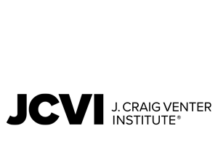 Historically, the wealth gap between Black and White families has been huge. Typically, over the past generation, White families have had wealth that was 10 times that of Black families.
Historically, the wealth gap between Black and White families has been huge. Typically, over the past generation, White families have had wealth that was 10 times that of Black families.
Components of family wealth, such as stocks, bonds, money in the bank, and real estate, produce interest, dividends, or rental income which are commonly used to offset or pay college costs. Wealth also includes the value of a family’s home. This important asset can be sold or borrowed against to provide funds for college expenses. Households that have lower levels of wealth often must borrow money in order to send their children to college. This has resulted in far higher levels of student loan debt for African American college students. (See JBHE post.)
The U.S. Census Bureau recently released new data on household wealth in 2015. The statistics show that the median net worth of non-Hispanic White households was $139,300 in 2015. For Black households, the median net worth was $12,780. Thus, the median net worth of White households was nearly 11 times the median net worth of Black households.
More than 71 percent of non-Hispanic White households held equity in their homes. This valuable asset can be used as collateral for financing higher education. But only 40.7 percent of all Black households held equity in their homes. And for those families that held equity in their homes, the median value of the asset was far less for Blacks than was the case for non-Hispanic Whites.
If we exclude home equity from the data, we find that the median net worth of non-Hispanic White households in 2015 was $55,190. For Black households, the median net worth excluding home equity was $4,440. Thus, when we exclude home equity from the data, White households had a net worth that was more than 12 times as great as Black households.











